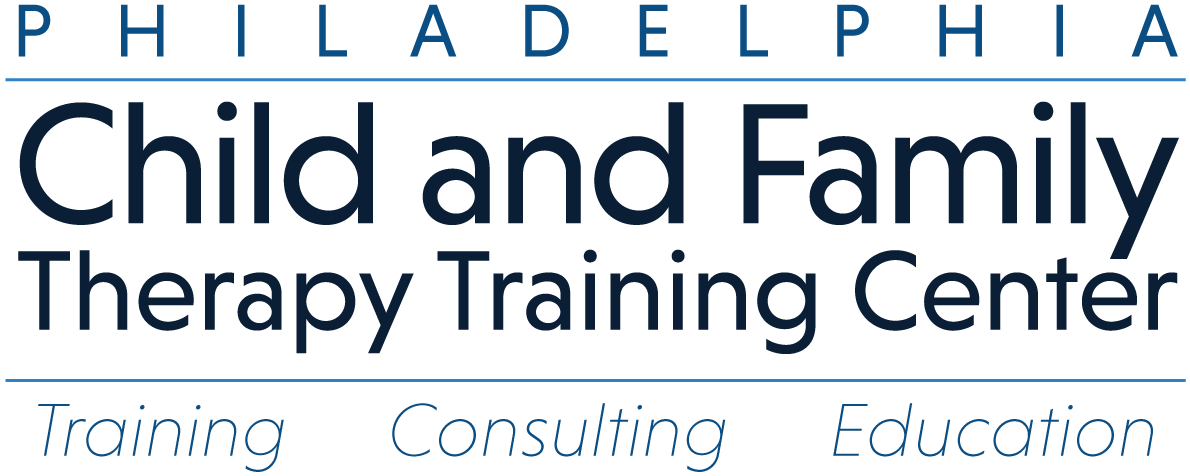
Recording therapy sessions is a powerful tool for promoting professional growth and improving therapeutic outcomes. Without this practice, therapists miss out on valuable opportunities for feedback, self-reflection, and skill enhancement, which are essential for ongoing development.
The Importance of Feedback in Therapy
Feedback is a cornerstone of professional growth in any field, and therapy is no exception. For therapists, receiving feedback on their work is crucial to understanding how their interventions are perceived, identifying areas for improvement, and refining their techniques. Without recording sessions, it becomes challenging to obtain accurate and detailed feedback. Relying solely on memory or subjective impressions can lead to a skewed understanding of the session, missing out on subtle but important nuances in the therapeutic process.
Enhancing Self-Reflection
Recording sessions allows therapists to revisit their work with a critical eye, enabling them to analyze their interventions, communication style, and the overall flow of the session. This practice fosters self-reflection, helping therapists recognize patterns in their behavior that may be hindering or facilitating the therapeutic process. For example, a therapist might notice that they frequently interrupt clients or that they struggle to maintain a non-judgmental stance in certain situations. Identifying these patterns is the first step toward making intentional changes that can enhance the effectiveness of therapy.
Facilitating Supervision and Peer Review
Recorded sessions are invaluable in supervision and peer review processes. Supervisors and colleagues can provide more precise and constructive feedback when they can observe the session directly rather than relying on second-hand accounts. This external feedback is critical for identifying blind spots, challenging assumptions, and exploring alternative approaches. Without recorded sessions, therapists may miss out on these rich learning opportunities, limiting their professional growth.
Improving Client Outcomes
Ultimately, recording sessions and using the feedback to improve therapeutic skills leads to better outcomes for clients. When therapists are more aware of their strengths and weaknesses, they can tailor their approach to meet clients’ needs more effectively. This continuous process of learning and improvement ensures that therapists are providing the highest quality care possible.
Conclusion
If you aren’t recording your therapy sessions, you are likely missing out on key opportunities for growth. By incorporating session recordings into your practice, you can enhance self-reflection, receive valuable feedback from supervisors and peers, and ultimately improve your therapeutic effectiveness.



Leave a Reply